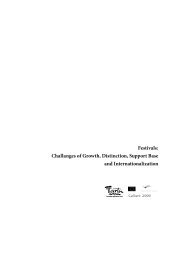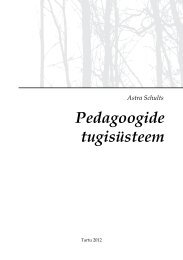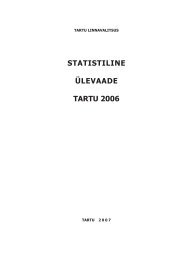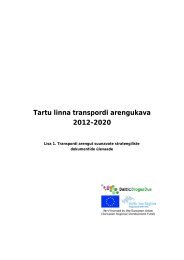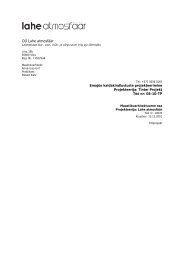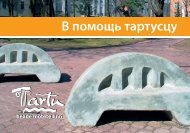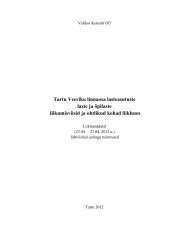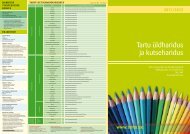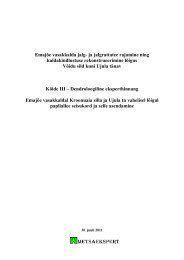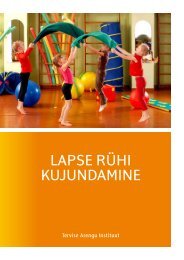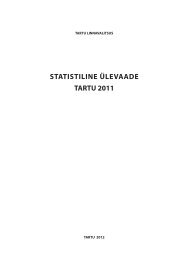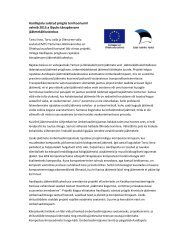Festivals - Fondazione Fitzcarraldo
Festivals - Fondazione Fitzcarraldo
Festivals - Fondazione Fitzcarraldo
Create successful ePaper yourself
Turn your PDF publications into a flip-book with our unique Google optimized e-Paper software.
Programming internationally means in fact pooling a specific production out of its<br />
native context and fitting it in the receptive context of a festival or of a venue’s international<br />
season, a delicate intercultural transfer where habits, traditions, styles, curiosities<br />
and of course language play a role. A programmer takes considerable risks in<br />
such an operation, hoping to surprise and challenge own audience with something<br />
unexpected and yet engaging, to jolt and provoke the receptive habits of the audience.<br />
On a minimalist level, a programmer is offering an information how the performing<br />
arts are made elsewhere, hoping to expand the knowledge and understanding of its<br />
own core audience. On another, more ambitious level, the programmer hopes to affect<br />
the creative patterns in his/her own performing arts context and stimulate them by introducing<br />
a piece from abroad from some previously unexpected artistic development.<br />
On a more abstract level, one could see the international programming as a conscious<br />
investment in the intercultural competence of the audience, a carefully organized experience<br />
that aims to make the public respect, understand and appreciate the cultural<br />
difference as embodied in the imported performance.<br />
Increasingly, festivals appear not only as presenters but as producers as well. They do<br />
seek interesting productions made elsewhere to bring to their own program but also<br />
strive to create new work in an international context, by bringing together artists from<br />
different cultures and countries. Almost every self-respecting festival appears today in<br />
the role of the producer or co-producer as well as presenter. For a festival, engaging in<br />
a new production is a way to affirm its own value and purpose, its specific function of<br />
creating new artistic capital and to take pride in operating as an artistic catalyst that<br />
enables different artists to work together on a new piece – something that normally<br />
would not take place. Increasingly theatre companies also produce work involving international<br />
artists, and not just invite a guest director, choreographer or stage designer<br />
from abroad, but through complex partnerships, thus following the working model<br />
developed by the festivals.<br />
32<br />
Even though the notion of the national state has been significantly eroded in the last<br />
few decades, there is still the tendency to see international cultural cooperation as an<br />
engagement of nations and states and not primarily as a relationship of artists among<br />
themselves. Among festival directors one could find a fair amount of opportunistic<br />
operators as anywhere else – I am referring to those who will one season focus on the<br />
performing arts from Portugal and another that of Poland, caring in fact not much for<br />
the either but seeing this an easy way to obtain funds from the Portuguese and then the<br />
Polish government while claiming that they fulfil a mission of European significance<br />
and that they introduce their audience to the cultural diversity of Europe. For more sophisticated<br />
festival directors in the role of presenters and producers, the programming<br />
choice is made on the basis of the artists and companies involved and not countries of<br />
origin. A programming bloc or a new production on the festival program is emerging<br />
from the ambition to introduce or to couple specific artistic talents and not to hang up<br />
a flag of this or that country in exchange for a chunk of government subsidy.



